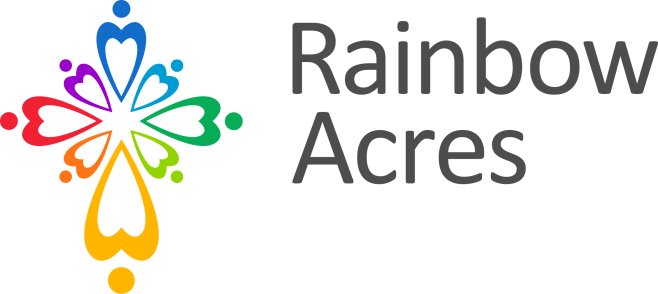Interacting with individuals with developmental disabilities is an opportunity to foster understanding, empathy, and connection. It’s important to approach these interactions with respect and an open mind, focusing on the abilities and unique qualities of each individual. In this blog post, we will explore practical tips for engaging with individuals with developmental disabilities, creating inclusive and meaningful interactions.
10 Ways to Engage with Individuals with Developmental Disabilities:
- Treat everyone with respect and dignity
- Use clear and simple language
- Practice active listening
- Be mindful of non-verbal communication
- Adapt to individual communication styles
- Focus on shared interests and abilities
- Offer assistance with sensitivity
- Promote inclusion and social opportunities
- Educate yourself
- Embrace the learning experience
Treat Everyone with Respect and Dignity:
Respect is the foundation of any interaction. Remember that individuals with developmental disabilities are just as deserving of respect and dignity as anyone else. Avoid patronizing language, speak directly to the person, and maintain eye contact. Treat each person as an individual, recognizing their abilities, strengths, and potential contributions.
Use Clear and Simple Language When Engaging Neurodiverse Adults:
When engaging in conversation, use clear and simple language that is easy to understand. Speak at a moderate pace, allowing the individual to process and respond comfortably. Avoid using jargon or complicated terms. If necessary, ask if they would like you to repeat or clarify anything.
Practice Active Listening for Effecting Communication:
Listening attentively is a key aspect of effective communication. Give individuals with developmental disabilities the time they need to express themselves. Be patient, avoid interrupting, and show genuine interest in what they have to say. Encourage them to express their thoughts, feelings, and ideas, and validate their perspectives.
Be Mindful of Non-Verbal Communication with Individuals with Developmental Disabilities:
Non-verbal cues can significantly impact communication. Pay attention to body language, facial expressions, and gestures. Be aware that some individuals with developmental disabilities may have difficulty with non-verbal communication or interpreting social cues. Use simple and clear gestures when needed and be patient in allowing them to express themselves in their preferred way.
Adapt to Individual Communication Styles:
Developmental disabilities can manifest in various ways, affecting communication styles. Some individuals may have difficulty with speech, while others may communicate through alternative methods such as sign language, augmentative and alternative communication (AAC) devices, or visual supports. Be open and flexible in adapting to individual communication styles and be willing to learn new ways of engaging and understanding.
Focus on Shared Interests and Abilities:
When interacting with individuals with developmental disabilities, we find common ground by focusing on shared interests and abilities. Engage in activities or conversations that are enjoyable for both parties. Celebrate their unique talents and strengths and provide opportunities for them to showcase their abilities.
Offer Assistance with Sensitivity and Be Mindful of Boundaries:
If you encounter an individual who appears to need assistance, approach them with sensitivity and respect. Ask if they would like help before providing any assistance. Be mindful of personal boundaries and ask for consent before engaging in physical contact or personal support.
Promote Inclusion and Social Opportunities:
Encourage inclusion and social interactions within your community. Involve individuals with developmental disabilities in group activities, events, and community programs. Foster an inclusive environment where everyone feels welcomed, valued, and included.
Educate Yourself about Different Developmental Disabilities:
Take the initiative to educate yourself about different developmental disabilities and their unique characteristics. Attend workshops, read books, or seek online resources to gain knowledge and understanding. This will help you approach interactions with empathy and awareness.
Embrace the Learning Experience:
Remember that every interaction is an opportunity for growth and learning. Approach each encounter with an open heart and mind, ready to appreciate the diversity of experiences and perspectives. Be open to feedback, learn from your interactions, and continually strive to improve your understanding and engagement.
Interacting with individuals with developmental disabilities is a chance to build meaningful connections and foster a more inclusive society. By treating everyone with respect, using clear communication, actively listening, adapting to individual styles, focusing on shared interests, and promoting inclusion, we can create an environment where individuals with developmental disabilities feel valued, understood, and included. Embrace the learning experience, challenge misconceptions, and celebrate the unique strengths and abilities of every individual you encounter. Together, let’s cultivate a world where everyone can engage in meaningful interactions and contribute to a more inclusive and compassionate society.
Come tour the Rainbow Acres ranch and learn more about our mission to support adults with developmental disabilities.

